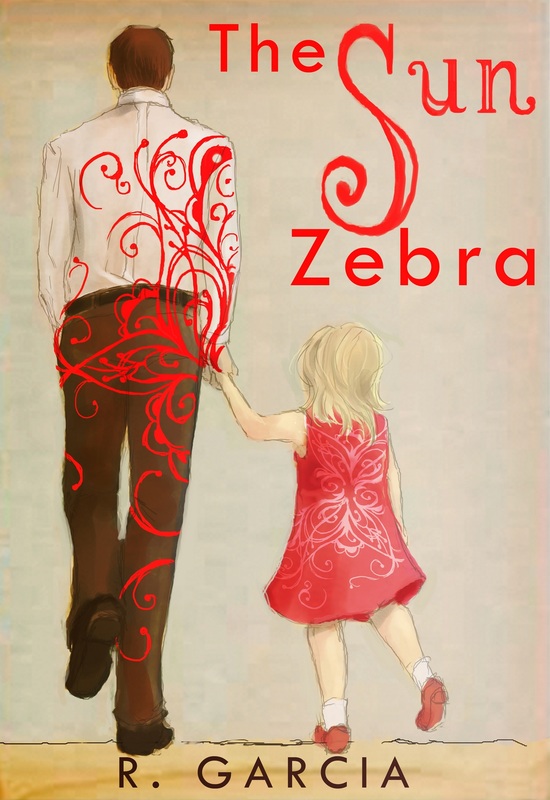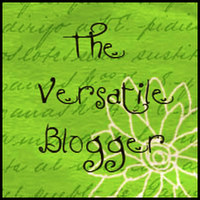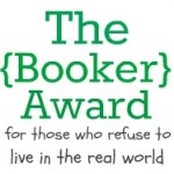At the time Melville wrote, many thought that he was making up his stories. As it turn out this was not entirely the case. Melville based his most successful books like Typpe, Omoo, and Moby Dick on his real-life seafaring adventures, and this is what his readers liked to read. What seems to have happened to Melville was that he ran out of experiences. These experiences were his artistic capital, and once he converted this capital into books he went broke.
Some writers do not seem to have this problem and are capable of creating stories in a manner that is by and large independent of their real-life experiences. These writers have an unlimited artistic capital. Other writers, however, base their stories at least partly on their real-life experiences, which are finite. These writers have a limited artistic capital. Once they exhaust these experiences writing on a particular topic they are unable to write anything else that is similar. If their readers then clamor for more, the writer will be unable to deliver.
One obvious way to deal with a dwindling artistic capital is to accumulate more of the type of experiences that you are writing about. But very often this is not feasible or desirable. Another option is to get in touch with or research the experiences of others and base your writing on theirs.
As a writer, especially if you have become successful writing about a particular topic, you should examine the nature of your artistic capital and become aware of its limitations and potential.


 RSS Feed
RSS Feed



